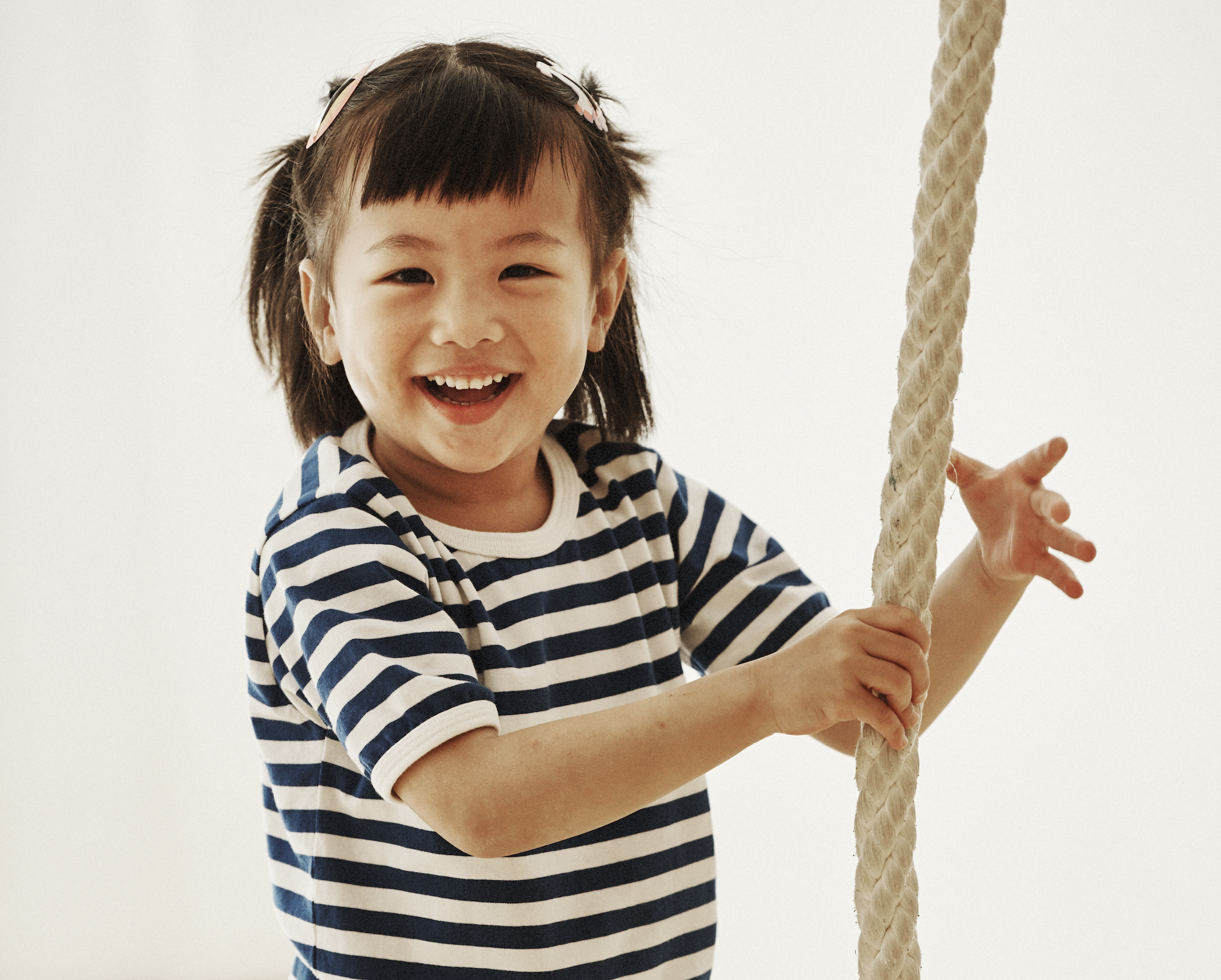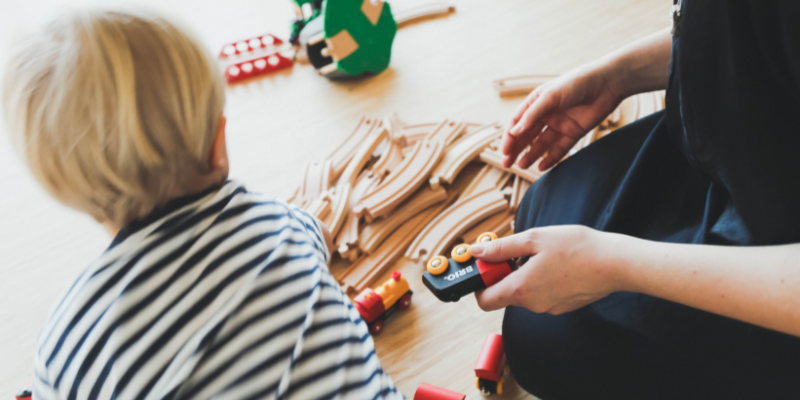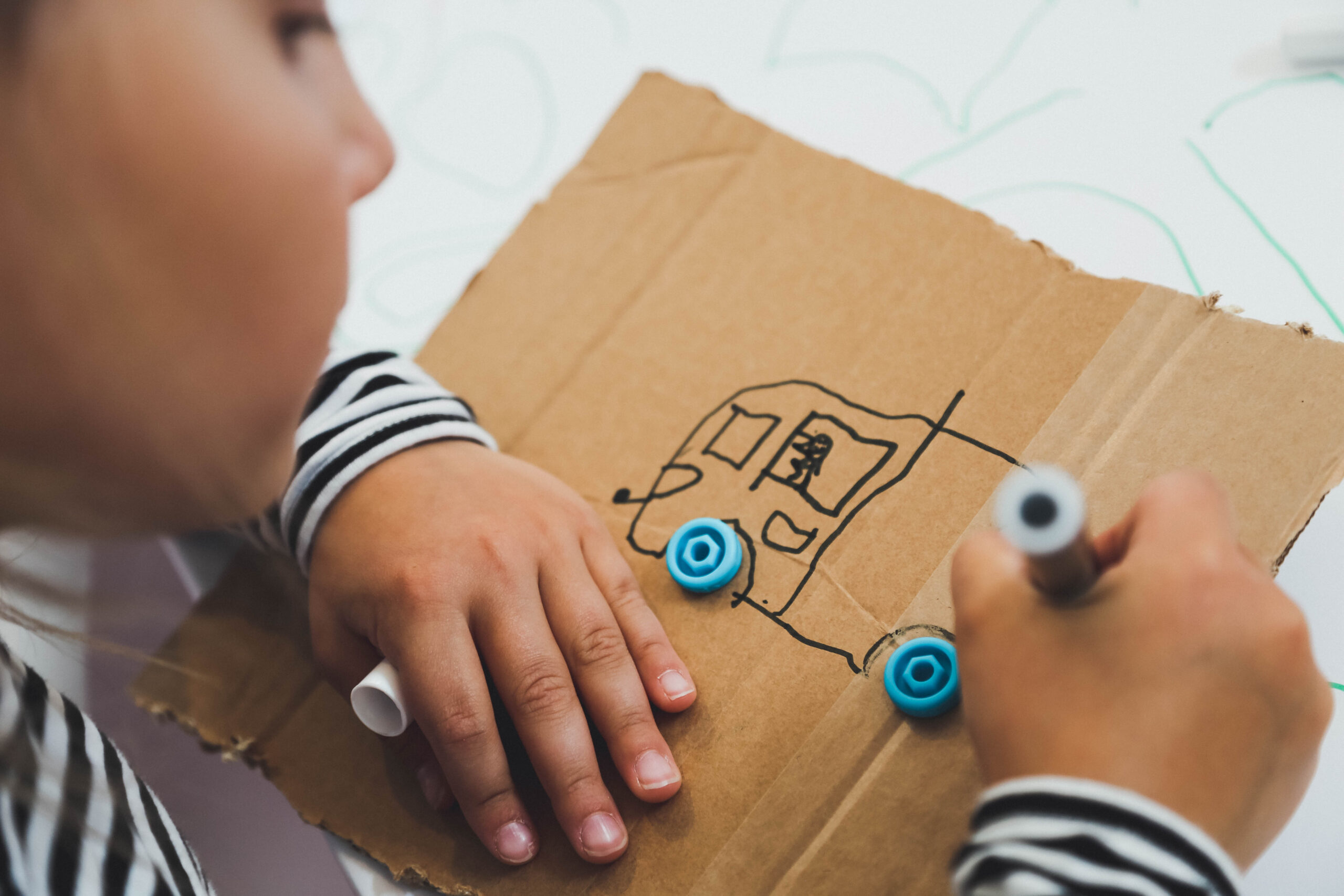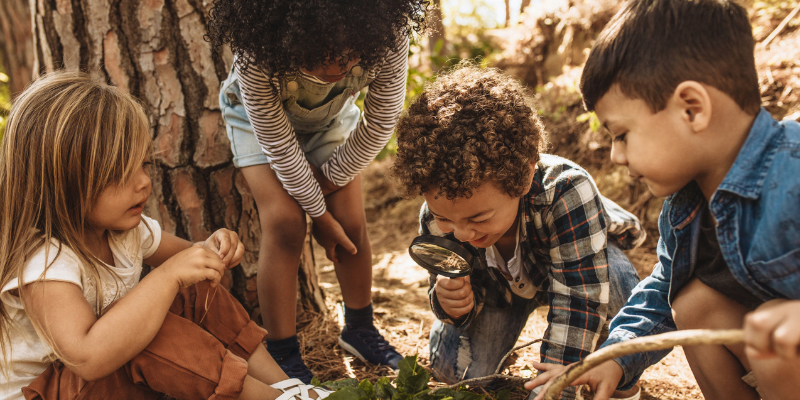
The Power of Play: Why Play-Based Learning Is Changing Preschool in Mauritius
- Education, Teaching
12 December, 2024
HEI Schools offers a Finnish-inspired, play-based preschool in Mauritius focused on holistic child development.
But parents often have a common concern:
“If my child plays all day, how will they be ready for school?”

“If my child plays all day, how will they be ready for school?”
It’s a common concern for parents, but at HEI Schools, we believe that play isn’t a break from learning—it is learning. Research has shown that children need around 400 repetitions to master a skill through traditional methods. But when children learn through play? It takes only 20 repetitions. This powerful insight drives the way we approach learning at HEI Schools. Our curriculum blends two key types of play to create an enriching and effective learning experience: free play and guided play.
Free Play: Where Creativity Blossoms
In free play, children take the lead. They explore their interests, make decisions, and develop independence. Whether they’re building a fort, playing pretend, or creating their own games, they’re actively strengthening their critical thinking, problem-solving, and social skills. Free play nurtures curiosity, allowing children to:
✅ Build confidence by making their own choices.
✅ Develop communication skills through interaction with peers.
✅ Explore creativity by inventing new ways to play.
Guided Play: Adding Depth to Discovery
Children learn best when they are engaged. Research conducted by Chi and Wylie (2014) highlights that active learning, where children engage directly with materials and ideas, improves comprehension and memory compared to passive learning methods. Active participation allows them to connect theoretical knowledge with practical experiences, making information not just relevant but memorable.
Letting children choose a project topic fosters a sense of responsibility toward their learning outcomes. This ownership nurtures self-motivation and responsibility—lifelong traits that encourage them to set and achieve personal goals.
Did you know?

In recent years, there has been a notable decline in children’s mental health, with increasing rates of anxiety, depression, and loneliness.
Research suggests that this trend is linked to the reduction of unstructured, free play in children’s lives. Play is not merely a leisure activity; it is a fundamental component of healthy development, fostering creativity, problem-solving skills, and social competence. Through play, children learn to navigate their environment, manage risks, and build resilience. Educational approaches that prioritize play-based learning create environments where children can explore, imagine, and develop essential life skills, laying the foundation for lifelong well-being.
© 2024 HEI SCHOOLS MAURITIUS
ALL RIGHTS RESERVED



